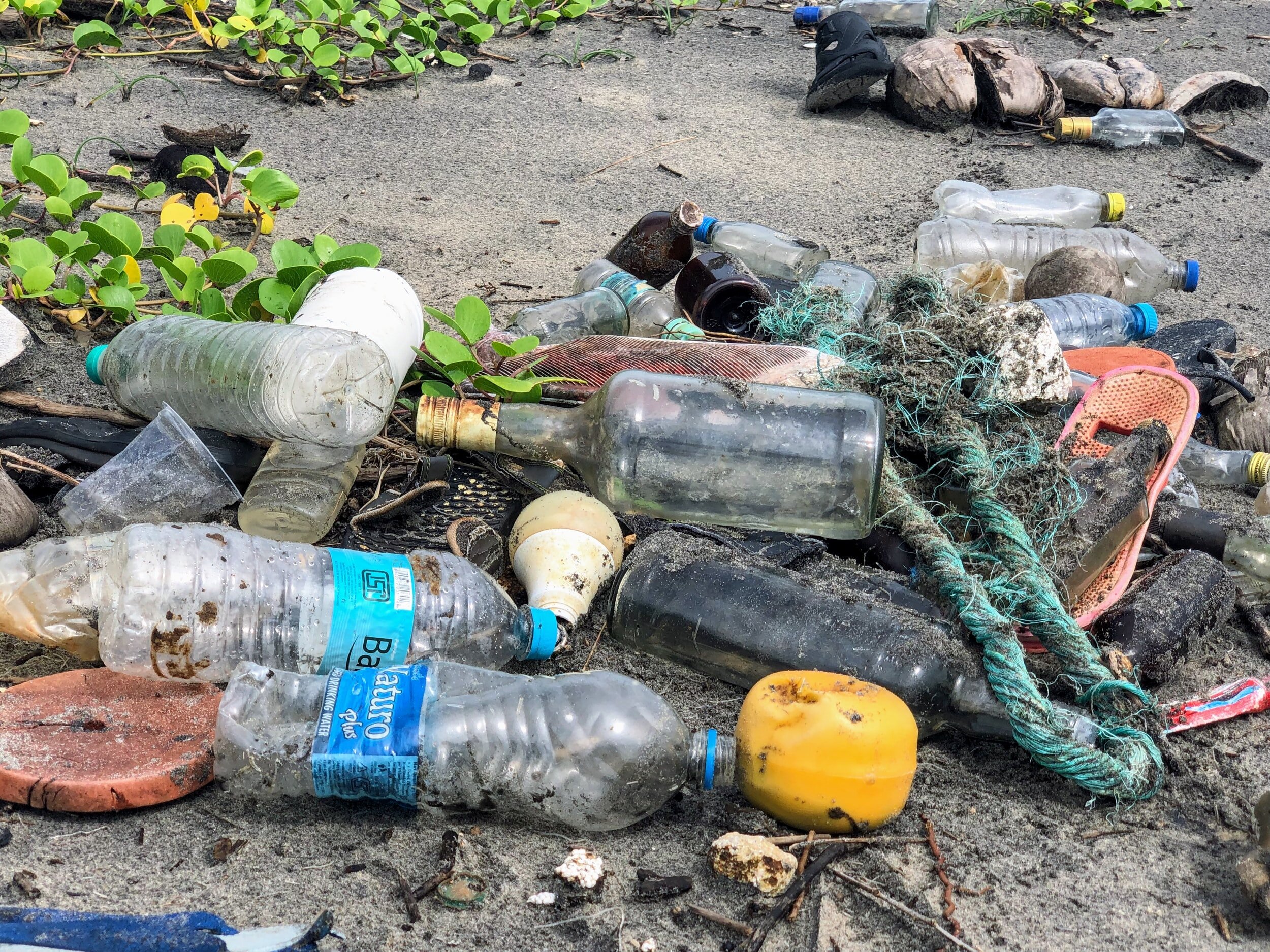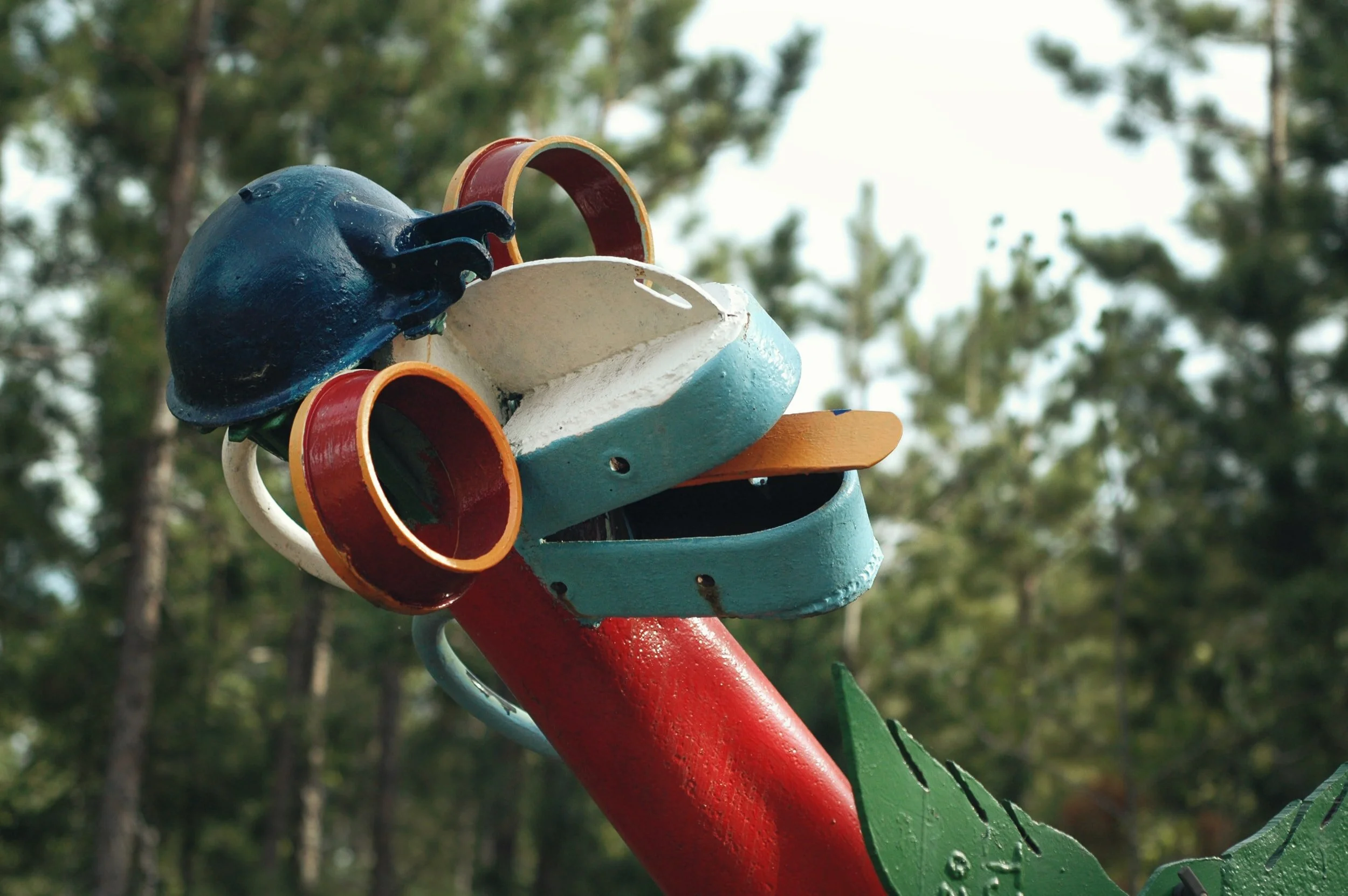What does Reduce + Reuse mean?
Heaps of R’s
Unless you have been living under a rock made of trash, you have undoubtedly heard of the three R’s commonly associated with best sustainability practices. Reduce, Reuse and Recycle. While these terms pretty much explain themselves, we thought we would give this topic a wee breakdown for our Res.Awesome readers.
While the focus on Recycling has been an important cultural shift over the past few decades, we would like to shed some light on some important steps that are perhaps more sustainable. Recycling is a great step in the right direction but if we want to really tackle our waste flow, we need to come at it from all angles.
Reduce
Although it may be difficult, reducing our use of the petrol-fuelled car is a great step for the environment. Biking, walking and using public transport are better choices and can take away the stress of looming parking tickets!
In a consumer capitalist world, it has been drilled into us that we can buy items to make us feel happy or fulfilled. Before we fork over our hard-earned cash, a handy tip can be to think about our proposed purchase for around three days before hitting the shops. If the desire for this new object has dissipated in three days then we perhaps didn’t need it in the first place. It is important for our pockets and the planet to only purchase items we know we genuinely need. Keep in mind that products are only manufactured when there is a high demand for them. If society’s demand is reduced, that saves a lot of materials and energy used during production.
At Res.Awesome we believe that channelling our energy into digging through what we already own is the best option! Reducing doesn’t necessarily mean ‘going without’, but it does mean not purchasing items that may end up in the landfill in a couple of years. This leads us to our next strategy.
Refuse
Saying no! Politely, of course. This can look a number of ways; declining takeaway containers, cup holders, disposable cutlery, plastic bags and anything else designed for single-use purposes. Eating in if you forget your plate or bringing your own from home.
When you go grocery shopping, begin with the produce section. Taking your own produce bags will help you avoid over-packaged and plasticised items. Always having a keep cup handy or a reusable food container in your bag will help you navigate cafe’s and food outlets, plan ahead.
For business-minded people, incorporating the act of refusing certain products at work is an effective way to normalise the practice of politely saying no. When setting up new workflows or businesses, it is important to make smart decisions by setting standards and expectations early in the procurement process. This makes it easier for your organizations to refuse waste. After all, sustainability is often defined as refusing to accept or support products or companies that harm the environment.
Learning to use our voices and refuse waste can take some practice but it is a handy skill in all parts of life! Remember, to stand in your sovereignty and choice of saying “No thanks, I brought my own”, we love BYO!
Reuse
Our dependence on single-use plastics has created a "throw-away" culture by normalizing the consumer behaviour of using materials once and then throwing them away. The plastic crisis has become one of the world's greatest environmental challenges, with hideous amounts of plastic wreaking havoc on our waterways and marine wildlife.
For those pesky bits of plastic that make it home with us, ensure you are reusing by rinsing and drying for any odd jobs where plastic bags or containers may come in handy. To reduce waste in the workplace, consider what materials can be held onto for potential future projects. Be mindful of your storage capacity and search out communities who can reuse items for you.
Our cities events need some housework done regularly and we are fundraising for our ReWash Truck via Give a Little. This will enable our city to reuse our service ware whilst reducing our cities single use disposable outputs to landfill. Donate NOW!
https://givealittle.co.nz/cause/rewashinfrastructuredunedin
Repurpose
Before you throw away your unwanted items, think about repurposing them. This allows you to use your creativity. With the right tools, many items can stay in your home rather than being tossed aside. Repurposing is also known as up-cycling or DIY. Instead of throwing away old towels or sheets, try cutting them into smaller portions to be used as cleaning cloths. Old fabrics can be sewn together to make carry bags, headbands or even face masks.
You can repurpose old food scraps as compost for your garden, putting nutrients back into your soil. Growing your own food just got that much easier.
The possibilities are endless when we get creative in repurposing our unwanted items. Res.Awesome is currently in the process of creating a handy guide to help inspire our sustainability advocates on their journey. Watch this blog space!
Repair
Repairing your household items is great way to reduce your consumption of materials and natural resources. You can extend the life of your belongings and hold on to high-quality goods if you set aside some time. The right to repair is gaining traction with communities and with this strategy, we can significantly reduce the amount of waste transported into our landfills.
There are many inorganic materials that end up in landfill that could be repurposed or broken down into parts and then repurposed. This is called material recovery, it enables employment , resource recovery and innovation to thrive.
This strategy is particularly useful when we refer to textiles. With many of us experiencing much of this time confined to our houses, what better time to address that growing mound of neglected clothes strewn across our “laundry chairs” or hanging up in our wardrobes? Many of us have items that have become inconveniently unwearable due to a missing button, a frayed hem or a minor tear. Whip out the sewing kit, chuck on some Netflix and give your garments some tender loving care. There are countless youtube tutorials to help with this or pop down to Stitch Kitchen (when you are next allowed to) for some guidance from the wonderful team there who are dedicated to breathing life back into beautiful pieces.
Re-home
Consider getting a couple of friends together and having a garage sale or clothes swap on a sunny day. It can be a great way to get amongst your community and see your loved items find better homes. With the help of social media and social networking platforms, we are lucky to have many options for rehoming. Here are just a few of our favourites in Ōtepoti.
Restore Dunedin
Cnr Vogel & Gordon Streets, Dunedin. Ph. 03 477 3500
Open: MON – FRI: 9am-5pm, SAT: 10am-4pm, SUN: 11am – 4pm
Supports Habitat for Humanity Dunedin
Hospice
127 Vogel St, Dunedin. Phone: 03 471 9342
Open: Mon-Sun: 9.30am-4.30pm
Supports Otago Hospice
Red Cross
53 Bond St, Dunedin. Phone: 027 245 6707
Supports Red Cross
Orphans Aid
21 North Road, North East Valley, Dunedin. Phone 03-473 0908
Supports Orphans Aid International
Please be mindful that you only leave good quality re-homable goods for these charities to redistribute.
Rethink
Getting our city to Zero Waste by 2030 will be a huge milestone and we cannot wait to see our community in action. With just a little bit of collective effort, we can transform Ōtepoti into a healthier place to call home; for the people and the wildlife. Redirecting our waste flow does not require us all to be perfect environmentalists or for our whare to immediately become zero-waste households. However, we do encourage people to rethink their consumption habits and waste reflexes. Rethinking the implications of what we purchase and the steps our purchased items take to get to our door is something we can all benefit from.
It can be really tempting to just biff our unwanted goods in the bin and call it a day, but out of sight out of mind is an outdated and unsustainable ethos. To quote Annie Leonard of Greenpeace, “There is no such thing as ‘away’. When we throw anything away it must go somewhere.”
We hope heaps of these R’s can become part of your waste reduction mantra, as we share the goal of managing and retaining our natural resources. Thank you for reading and stay tuned to our blog for more practical sustainability steps!
Kā mihi mahana whānau, remember to take it one step at a time.
Written by Erin Cox. Edited by Fiona Clements.





